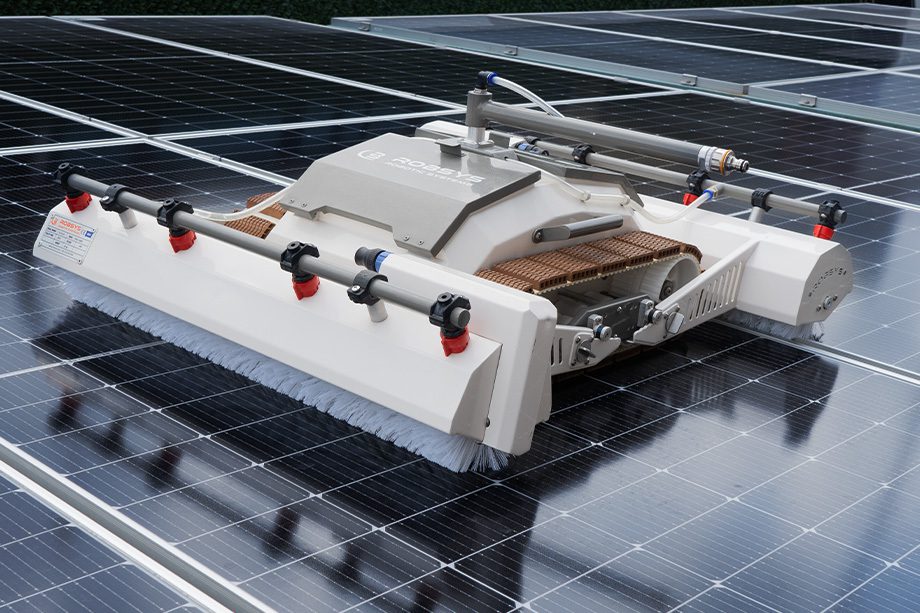The cleaning of solar panels is a crucial maintenance process that directly affects energy production efficiency. Accumulation of dust, particles, bird droppings, and environmental pollutants on the panel surface can block sunlight from reaching the cells, causing performance losses of 15-25%. Additionally, these deposits increase surface temperatures, leading to hotspot formation and long-term cell damage. To minimize efficiency losses, a regular and effective cleaning system is essential.


Methods used for cleaning solar panels range from manual cleaning to autonomous systems. Manual cleaning can be a suitable solution for small-scale residential installations; however, it is inefficient in terms of labor cost and time for large-scale power plants. Solar panel cleaning robots are designed to overcome these challenges, offering high-precision and low-water consumption solutions. These robots are equipped with brushes that do not damage the surface, pressurized water systems, and safety sensors.
The choice of cleaning methods should be determined based on the system size, environmental conditions, and the characteristics of contaminants on the panel surface. Water-saving cleaning systems are especially critical for the sustainability of energy plants in arid regions. Additionally, avoiding the use of chemical cleaning agents protects panel surface coatings and minimizes environmental impact. Advanced robotic systems are designed to meet these requirements, making maintenance processes more reliable, efficient, and technically superior.
Prepared by: Batuhan Mert LAÇİNKAYA
For your questions: batuhanlacinkaya@rob-sys.com
Date: 10.09.2025
The entire content of this website, including but not limited to code, design, text, images, videos, and all other elements, is protected under the provisions of Law No. 5846 on Intellectual and Artistic Works and applicable legal regulations. Any unauthorized copying, reproduction, dissemination, publication, or use of such content, whether for commercial or non-commercial purposes, shall result in legal proceedings.











